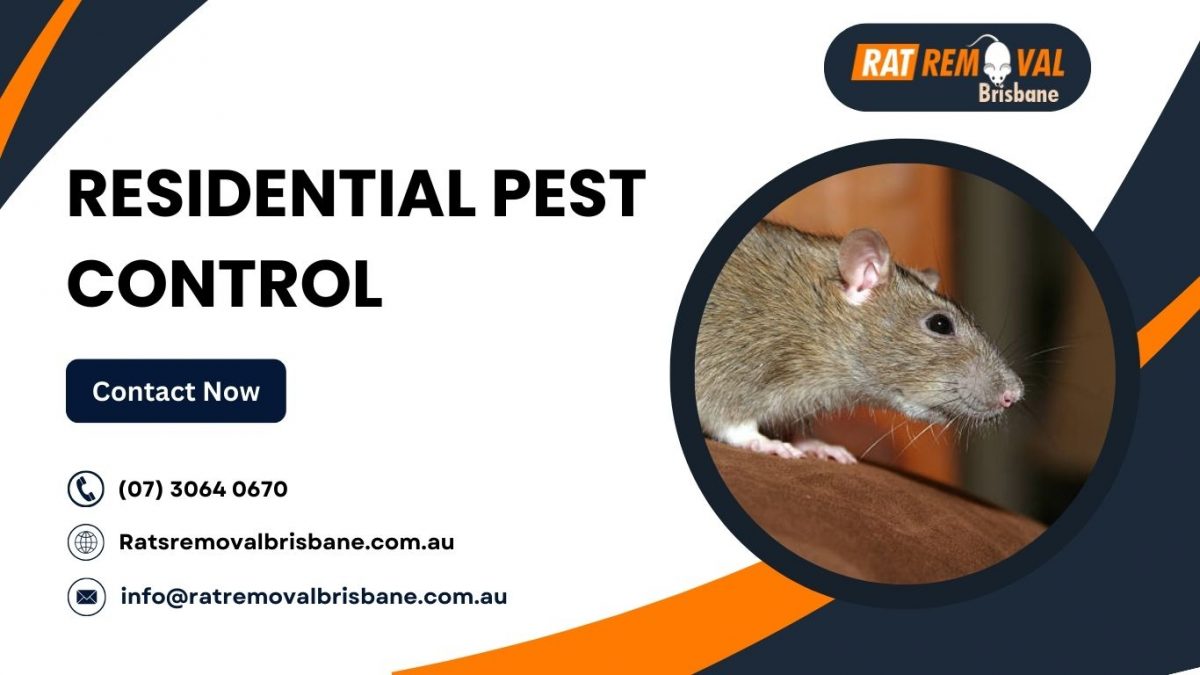Rats and mice are hard to get rid of and can cause a lot of damage to homes and businesses alike. Even though you can try to eliminate them through pest control, don’t be surprised if you find them re-emerging again as it’s quite a common incident. This article identifies what one should do if the rats are returning after mice pest control has been conducted.
Review the Pest Control Plan
In the process of solving a recurrent rat issue, it is crucial to evaluate the effectiveness of the pest control method that was used earlier. Contact a professional commercial or residential pest removal service that deals with mice and rat infestations. They are able to efficiently examine the region in order to find any potential harborages or ports of entry that were overlooked when the pesticide was first applied.
Address the Fundamental Cause
It is a well-known fact that rats can squeeze themselves through minuscule cracks and gaps in foundations, floors, and walls. It is critical to understand this so that you may take preventative actions to keep rats from entering or fleeing your house or property. This might include sealing holes around vents and pipes, fixing or replacing damaged screens or vents, and covering entry points with bottom sweeps or doormats.
Implement Sanitation Measures
Lack of proper hygiene increases the probability of rodent infestation since they get both food and water easily. Practice proper hygiene in food storage areas and ensure that these areas are properly closed, ensure that food debris is cleared as soon as they are noticed on the floor, and ensure that garbage cans are properly sealed. It can also prevent rats from having places where they can store their items and have a place where they can build their nests.
Consider Environmental Factors
There are always chances of the rats coming back due to factors such as the presence of food, water, and shelter nearby. Avoid making your home appealing to these pests by properly storing food, sealing any sources of leaks or standing water, and cutting tall grass or any vegetation that may hide rats.
Dead Rat Removal Service
If rats are no longer seen but your place reeks, it is likely that there is a dead rat inside the area. Search for “dead rat removal service near me” to consult with a local exterminator to find out where the carcass is and how it can be properly removed. Apart from eradicating the bad smell, it will also help in reducing incidences of diseases and the possibility of attracting more pests.
Regular Monitoring and Maintenance
It is important to point out that even if the rats are eliminated from a home; it is necessary to be cautious and continue to take precautions to avoid other instances of infestation. Set up a schedule of inspections and maintenance checks for any signs of rodent infestation to be attended to immediately. This may include placing traps or bait stations, routine checks, and any form of alteration or repair work that would prevent re-infestation.
Seek the Professionals in Pest Control Services
If rats are still coming back, then you should consult another professional pest control agency that knows how to control pests. They can offer custom-made solutions and frequent checks to achieve sustainable rat eradication. Both residential pest Control and commercial pest control services primarily handle recurring rodent issues and can provide tips on how to avoid such problems in the future.
Conclusion
Rat invasions are a persistent problem, and it might be demoralizing to see them return frequently, but it’s imperative to be vigilant and maintain getting rid of them. You can manage and prevent future rat issues in your home or business establishment by readjusting your pest control approach, filling in gaps, implementing cleaning practices, taking environmental conditions into account, hiring dead rat disposal services when necessary, and consulting pest control professionals. Recall that the foundations of long-term rodent control are efficacy and sustainability.

